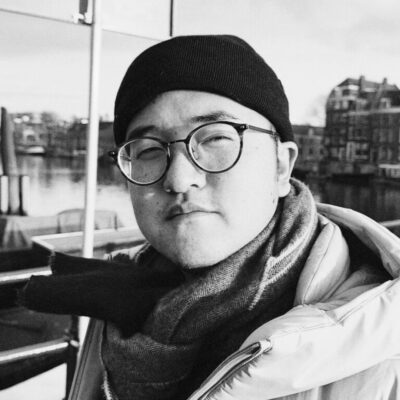
BIOGRAPHY
Nathan Shui is a fifth-year PhD candidate in Architecture at the University of California, Berkeley. At the broadest level, his research delves into the urban history of queer spaces in post-socialist China since the country’s 1978 economic reform. His dissertation charts the emergence and disappearance of queer space in urban China by recontextualizing it within the intersecting histories of the rising LGBTQ subculture on the one hand, and China’s tumultuous journey into urban modernity on the other. Nathan’s core contention is that the history of queer space not only provides an excellent vantage point to grapple with sexual minority’s own creative agency, but also brings to relief the oft-overlooked centrality of queer spatial practices in the production of urban modernity, both as an object of support of abjection for the latter.
In addition to his dissertation work, Nathan also works on Chinese queer media, particularly the literary and cinematographic representation of queer everyday life, focusing on their minor affects and quotidian activities. By challenging the prevailing state-versus-individual narrative in queer Chinese studies through the lens of everyday banality, Nathan seeks to explore an alternative queer epistemology more attuned to the lived reality and psyche of queer Chinese whose everyday lives is driven by the desire for pleasure, nourishment, and amelioration. Nathan’s work has been supported by the Center of Race and Gender Studies and The Center of Chinese studies at UC Berkeley. Prior to the PhD program, Nathan completed his diplôme de licence and diplôme de master in Architecture at the Institute of Applied Sciences in Strasbourg. He also holds a MsArch from the University of Florida.